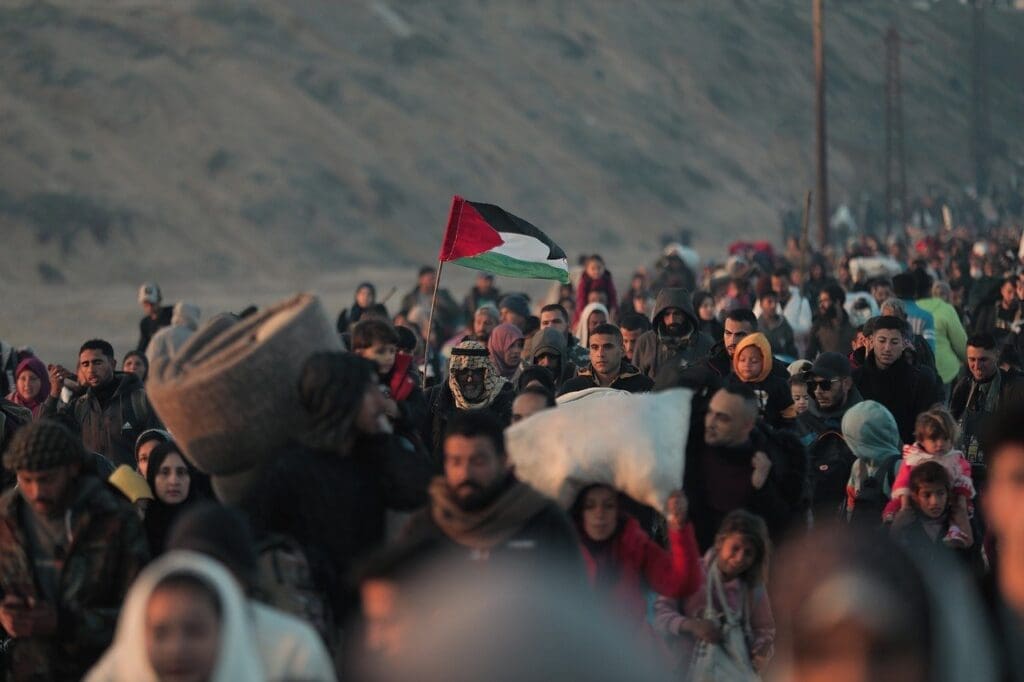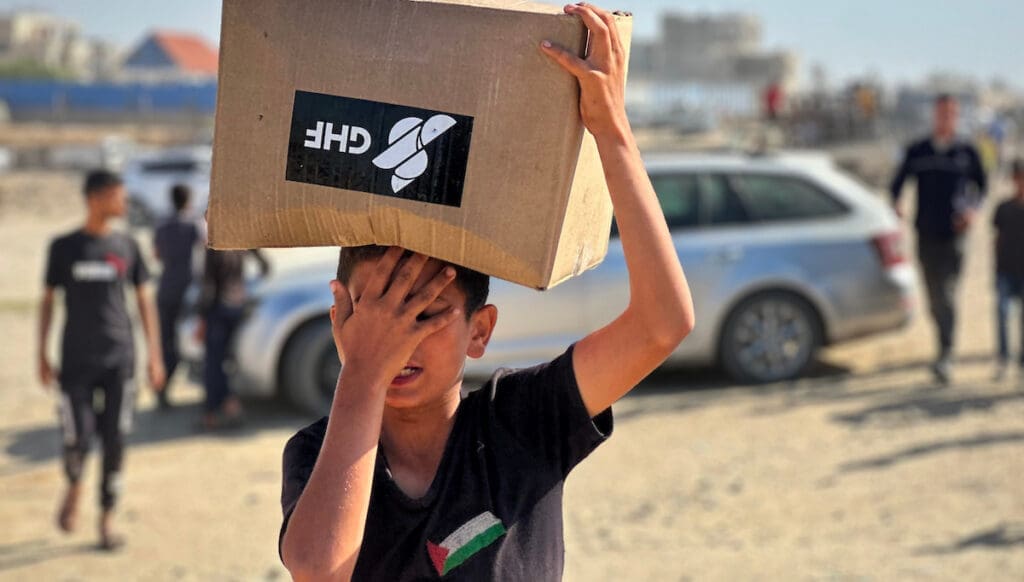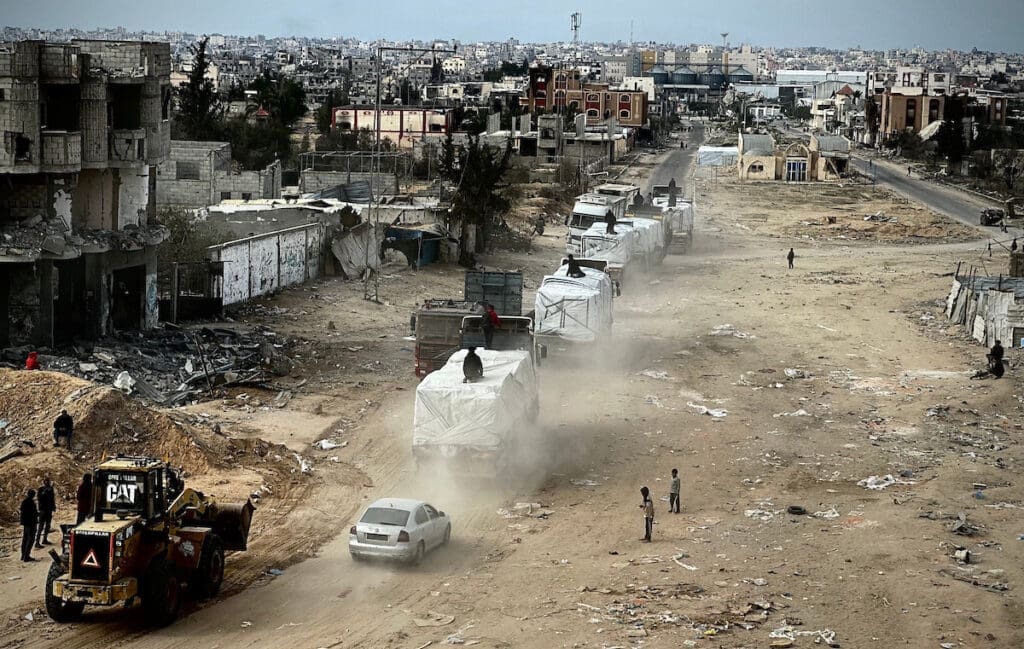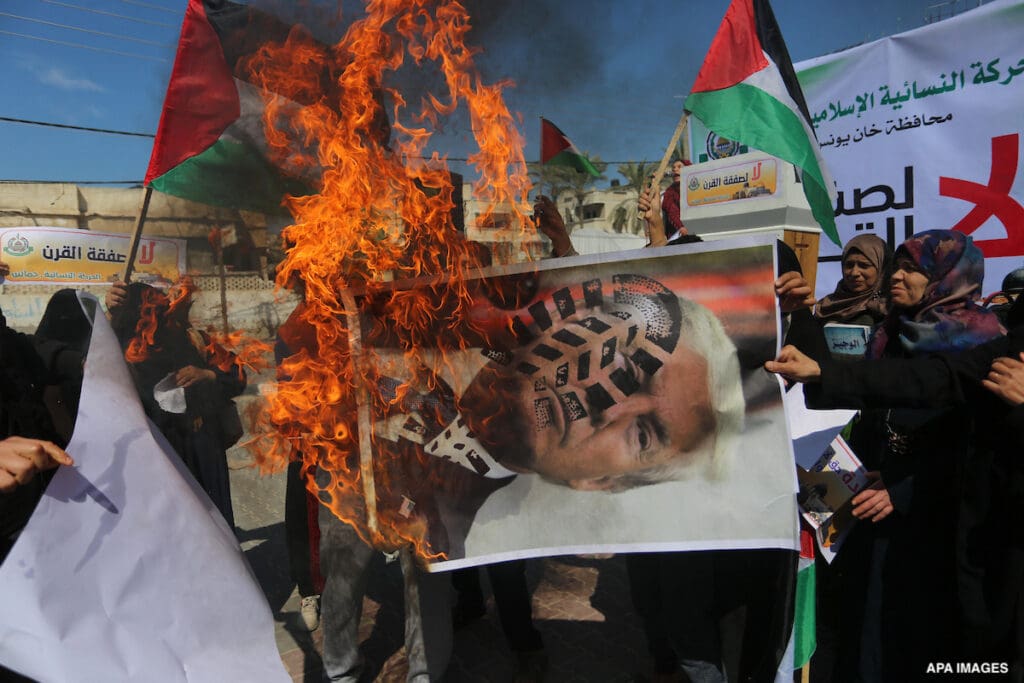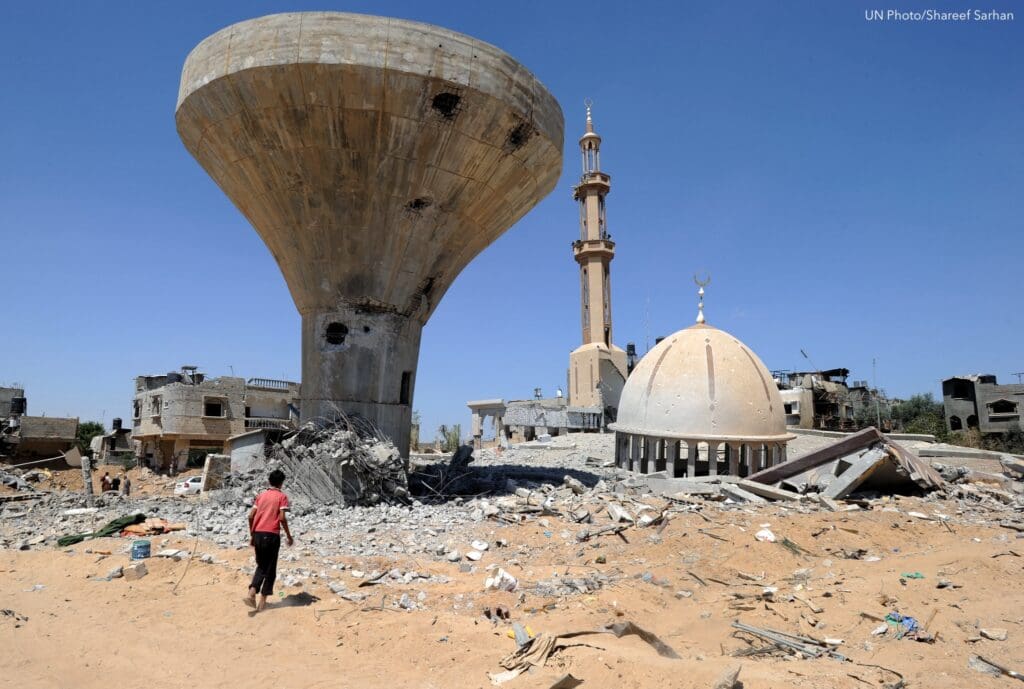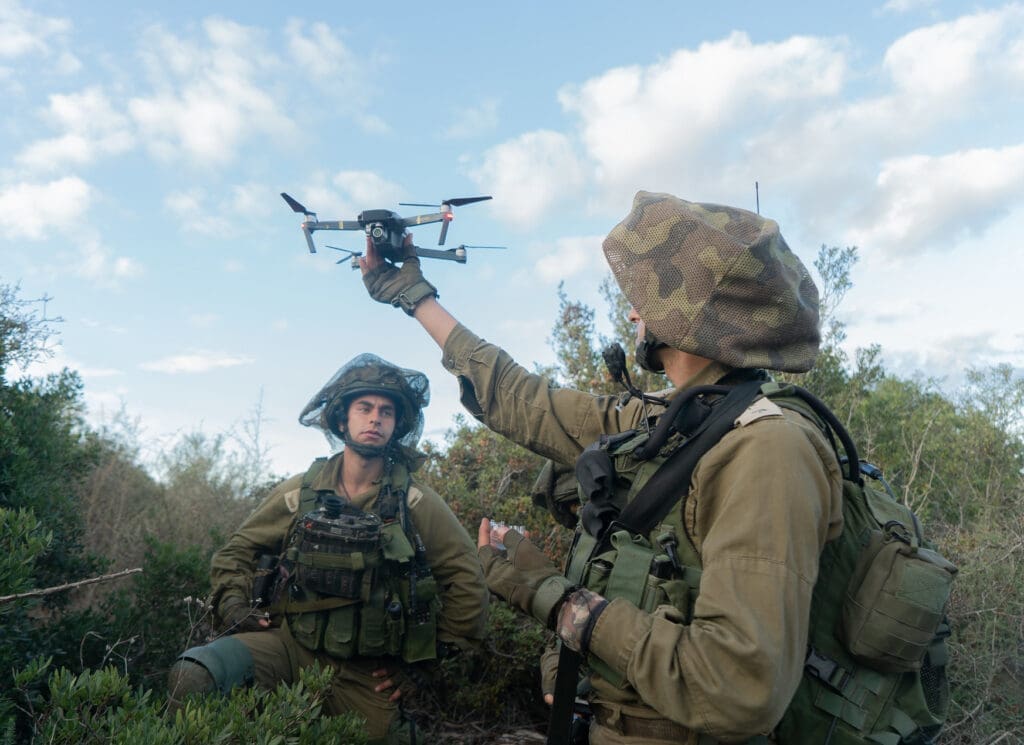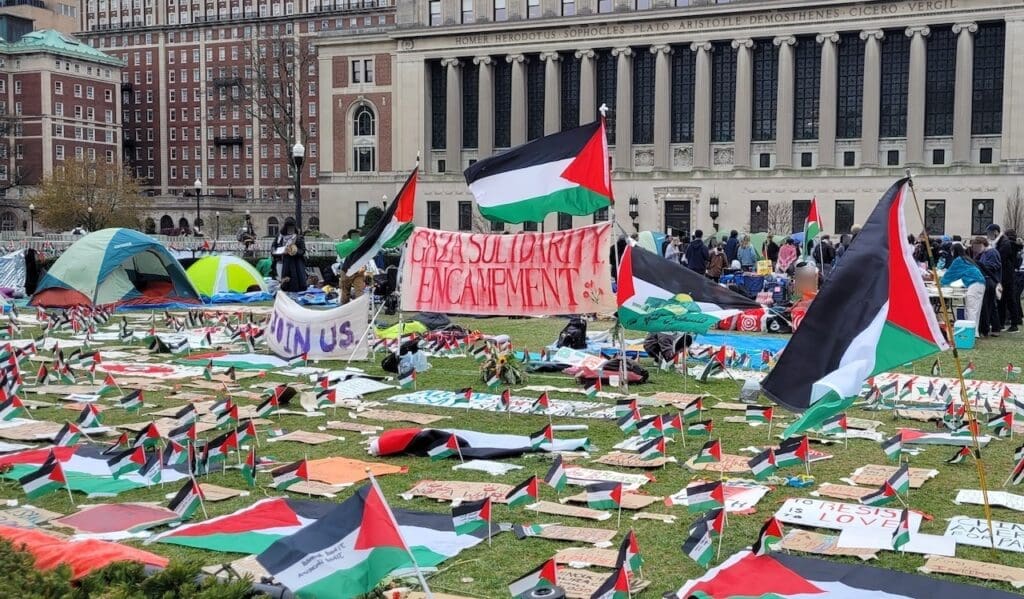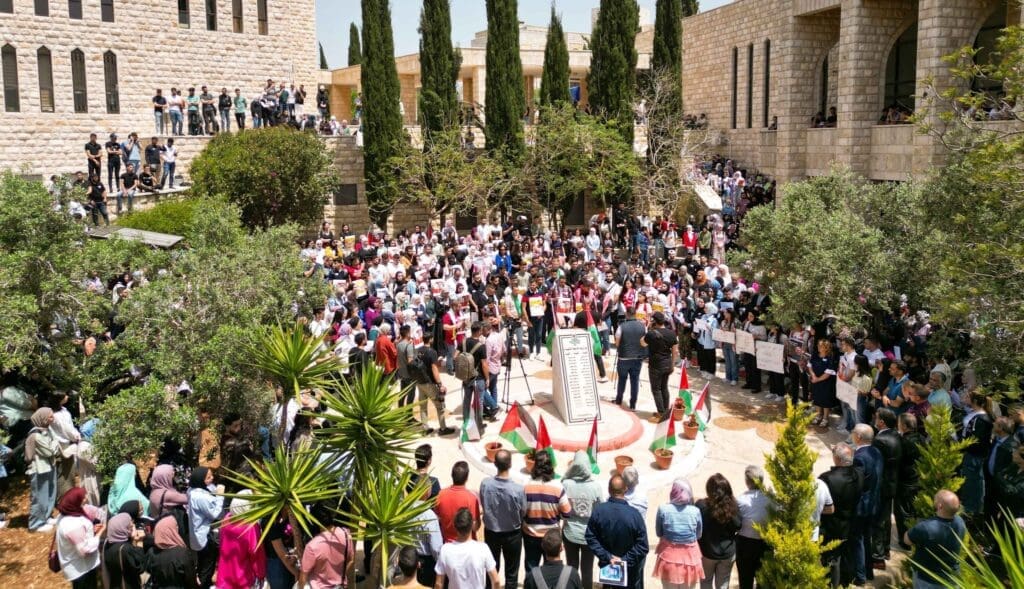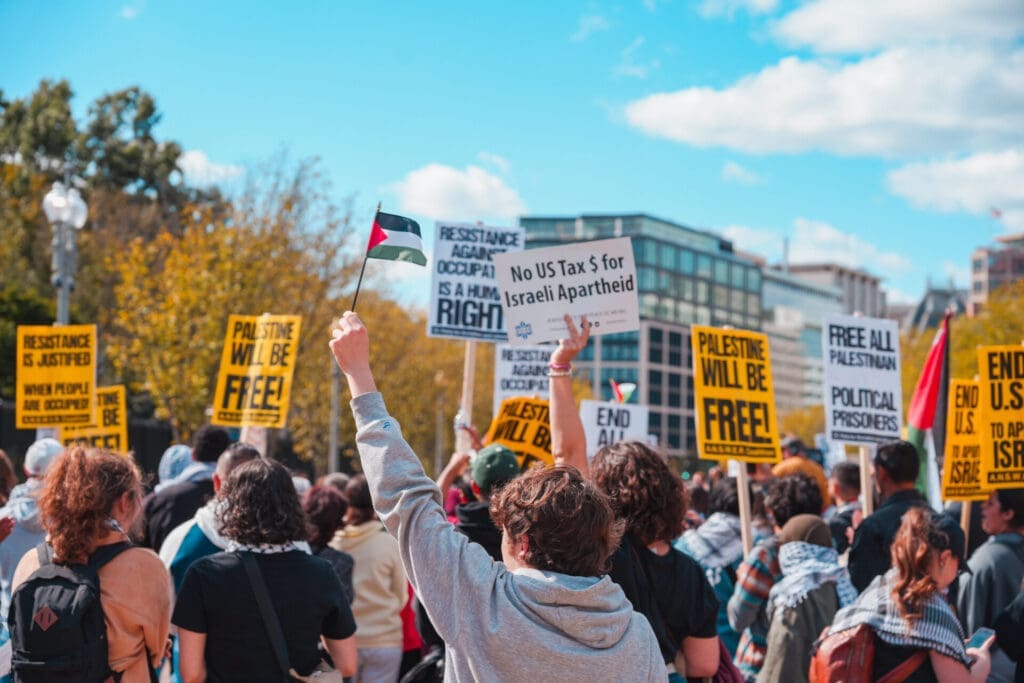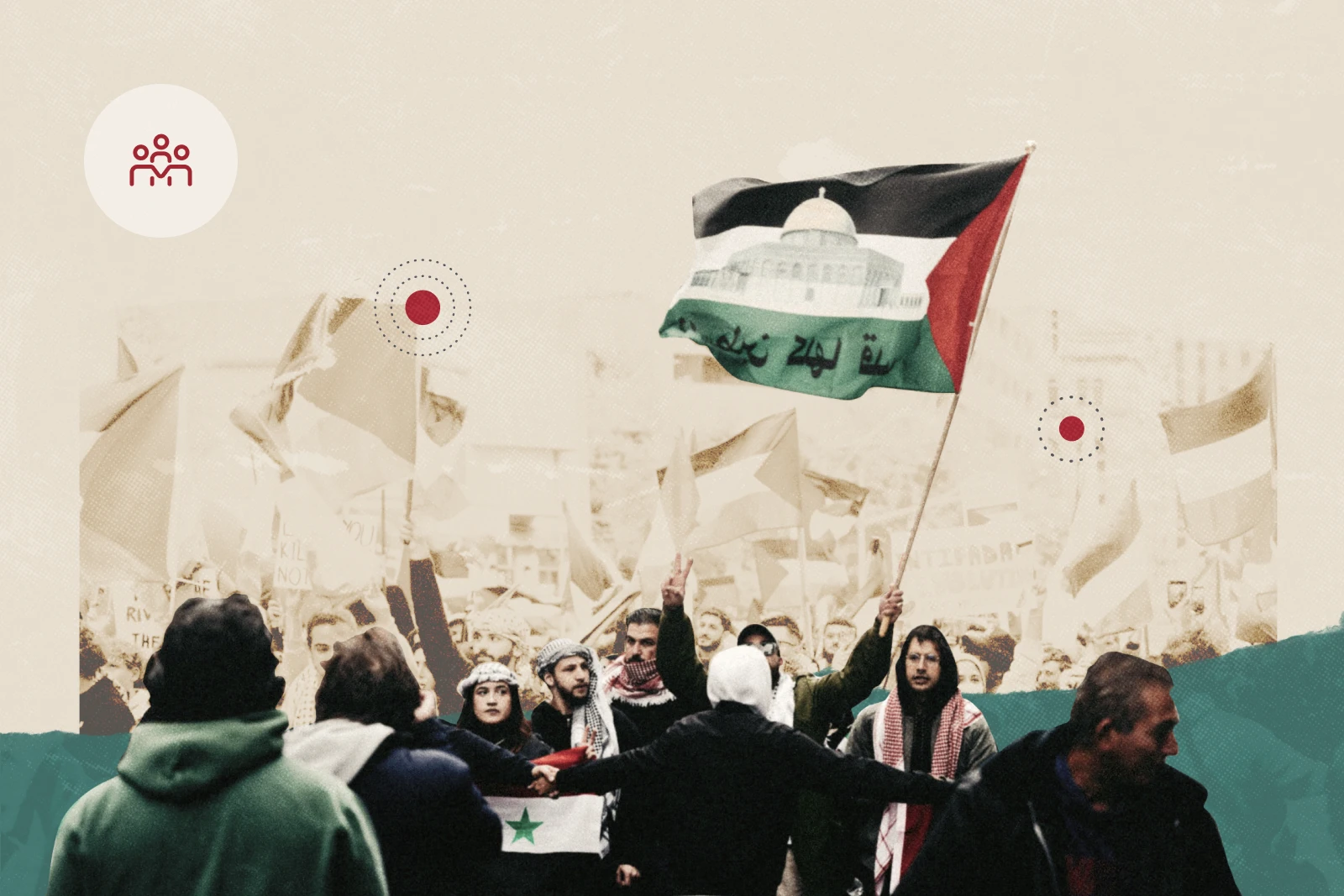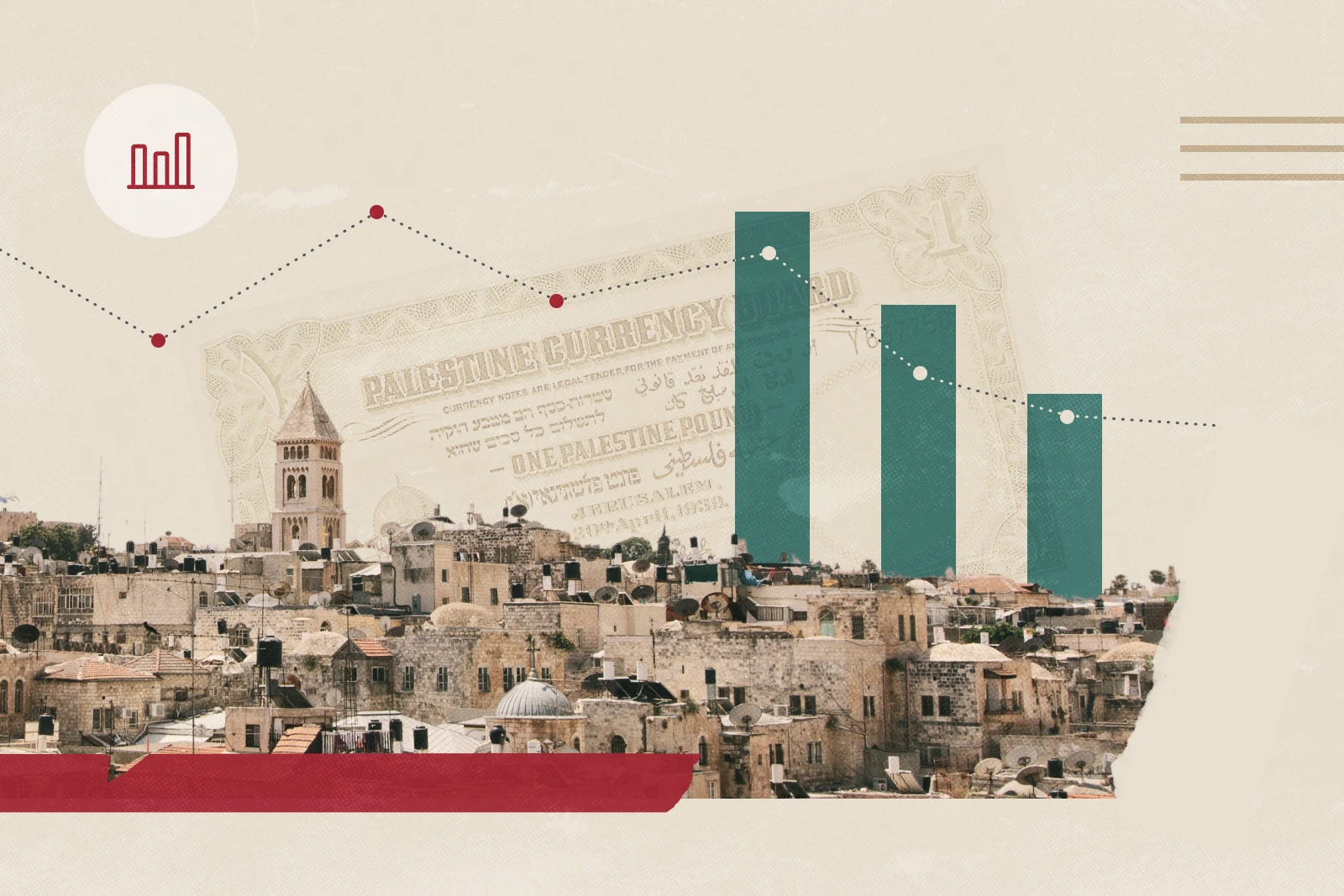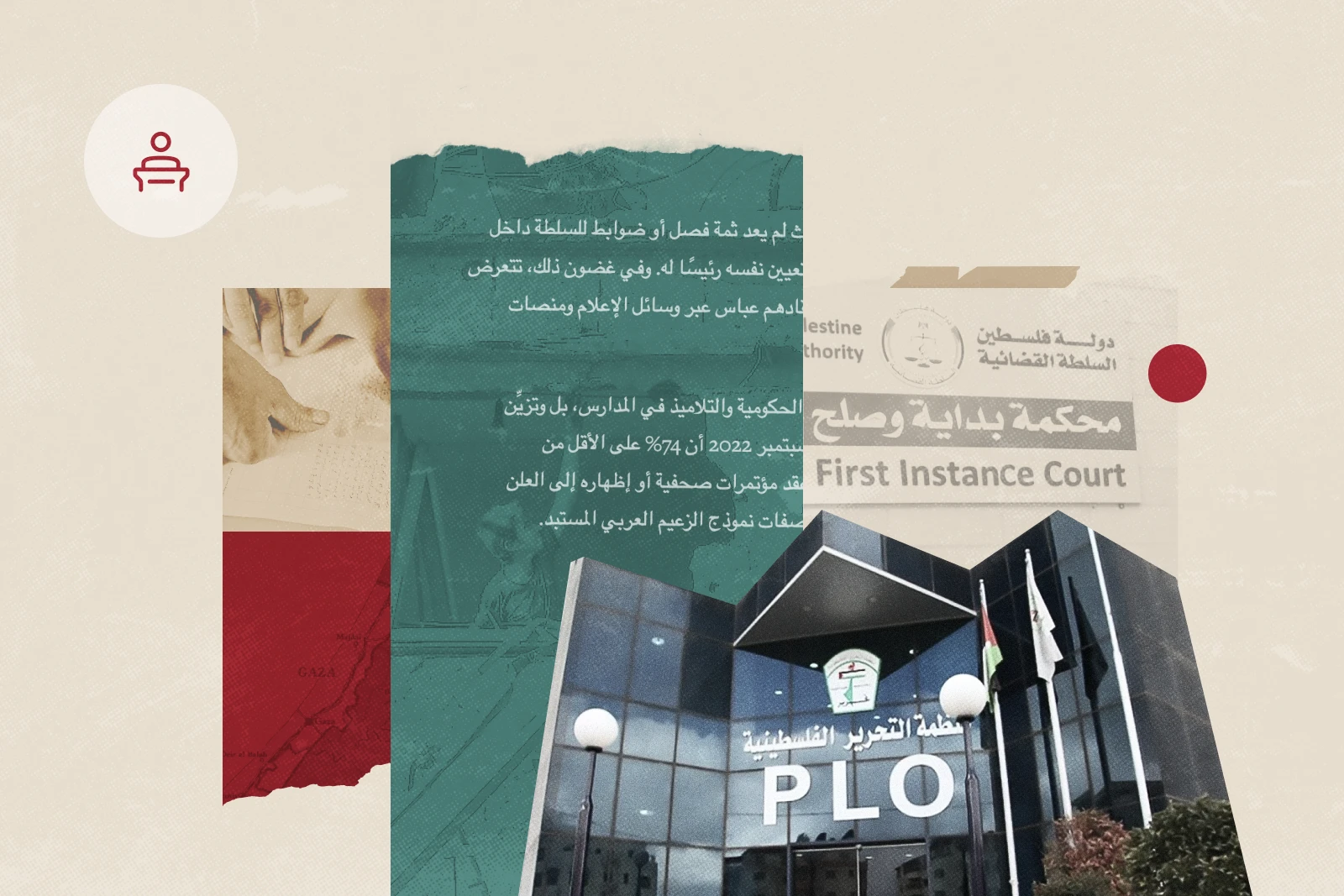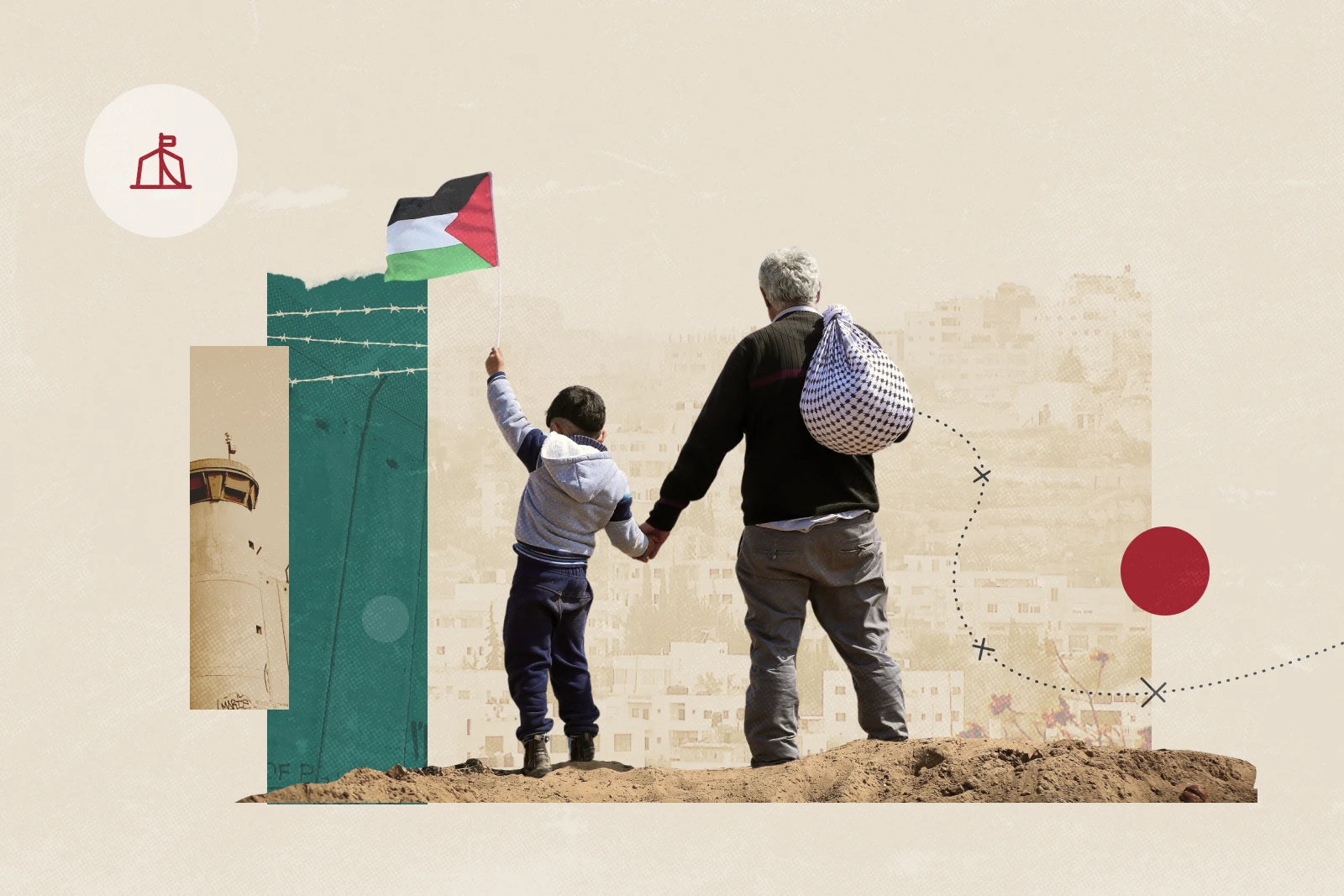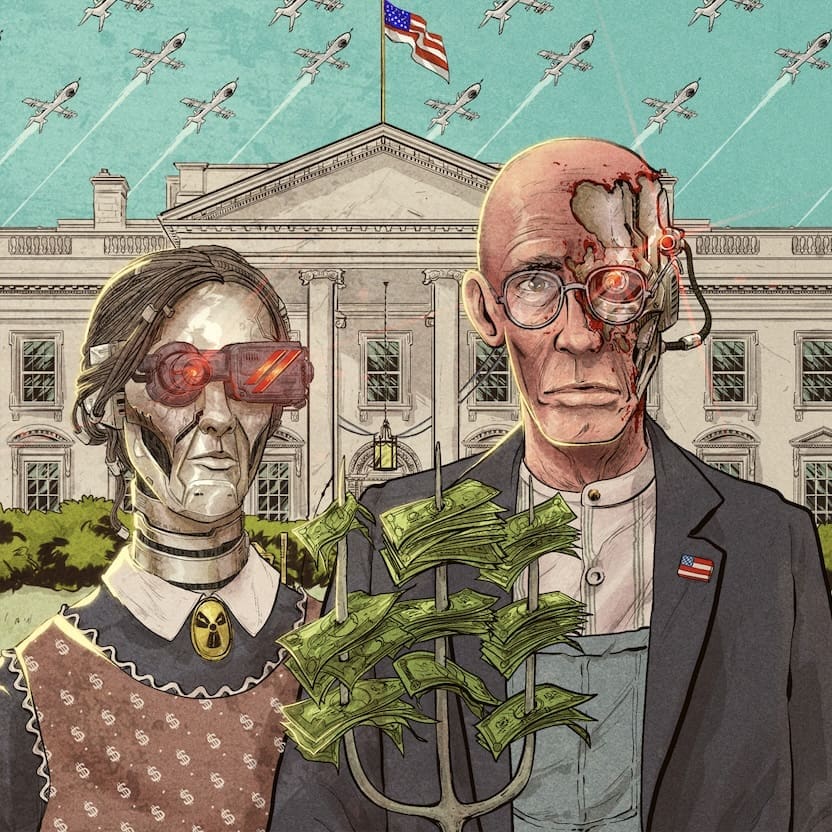typePolicy Labs
Inès Abdel Razek and Munir Nuseibah joined Al-Shabaka for a conversation on the politics behind the UNSC resolution, the implementability of the US-Israeli plan, and the scenarios now being advanced for Gaza and for Palestine more broadly.


In this policy lab, Leila Farsakh and Abdaljawad Omar join host Tariq Kenney-Shawa to trace the historical trajectory leading to October 7, examine how Gaza has become both a site of extermination and a catalyst for global rupture, and discuss what comes next for Palestinians.

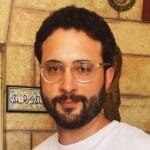

In March, Israel shattered the ceasefire in Gaza by resuming its bombing campaign at full force and enforcing a total blockade on humanitarian aid—ushering in a new phase of the ongoing genocide. In response to mounting international criticism, the Israeli regime introduced a tightly controlled aid scheme designed not to alleviate suffering, but to obscure its use of starvation as a weapon of collective punishment. Through the so-called Gaza Humanitarian Foundation (GHF), Israel has transformed humanitarian aid into a tool of control, coercion, and forced displacement.
Israeli forces have additionally blocked UN and other aid agencies from accessing over 400 distribution points they once operated throughout Gaza. They consequently forced two million Palestinians to rely on just four GHF sites, most near its southern border in what appears to be a deliberate effort to push mass displacement toward Egypt. Investigations have also revealed how US-based private contractors are actively profiting from the GHF’s deadly operations.
In this policy lab, Yara Asi and Alex Feagans join host Tariq Kenney-Shawa to discuss how the GHF fits into Israel’s genocidal strategy—and to expose the network of individuals and companies profiting from what has been a death trap masquerading as humanitarian assistance.


In this policy lab, Mariam Barghouti and Sharif Abdel Kouddous join host Tariq Kenney-Shawa to discuss Israel’s targeted assassination campaign against Palestinian journalists, the complicity of Western media in normalizing these crimes, and how this silence allows Israel to get away with genocide.

Mariam Barghouti· May 28, 2025
In this policy lab, Dena Qaddumi and Jehad Abusalim join host Tariq Kenney-Shawa to discuss what the ceasefire in Gaza means for Palestinians and the state of the physical and political landscape that determines what comes next.
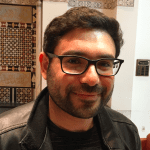


In this policy lab, Halah Ahmad and Andrew Kadi join host Tariq Kenney-Shawa to discuss what the incoming Trump Administration will mean for Palestinians, how it will affect the pro-Palestine solidarity movement in the US, and how to prepare for it.



In this policy lab, Yara Asi and Layth Hanbali join host Tariq Kenney-Shawa to discuss Israel’s systematic assault on civilian infrastructure across Gaza and efforts to survive and rebuild against all odds.


In our upcoming policy lab, Marwa Fatafta and Antony Loewenstein join host Tariq Kenney-Shawa to discuss Gaza as a testing ground for Israel’s global war industry.


In this policy lab, Nour Joudah and Kylie Broderick join host Tariq Kenney-Shawa to discuss some of the key lessons to be gleaned from the encampments and how we can best build on them to strengthen the Palestine solidarity movement moving forward.


In this policy lab, Ihab Maharmeh and Ahmed Abu Ziad join us with facilitator Fathi Nimer to discuss the past, present, and future of the student movement in Palestine.




Media & Outreach
Fathi Nimer said it was unclear whether the interim constitution would be implemented or abided by. “Basic Law and the new interim constitution cover freedom of expression, protest and elections – but those have not been adhered to by the PA, which has been acting in negligence of Basic Law,” Mr Nimer said.

Fathi Nimer· Feb 11, 2026
“Swept under the rug with no consequences.” Despite condemnation of Israeli moves tightening its grip on the occupied West Bank, observers like Fathi Nimer say they don’t expect the countries stating their opposition to actually do anything.

Fathi Nimer· Feb 10, 2026
Derek and Danny are joined by Tariq Kenney-Shawa from Al-Shabaka for an update on conditions in Gaza and a discussion of Jared Kushner’s proposed “reconstruction” plan.

Tariq Kenney-Shawa· Feb 8, 2026
We’re building a network for liberation.
As the only global Palestinian think tank, we’re working hard to respond to rapid developments affecting Palestinians, while remaining committed to shedding light on issues that may otherwise be overlooked.






